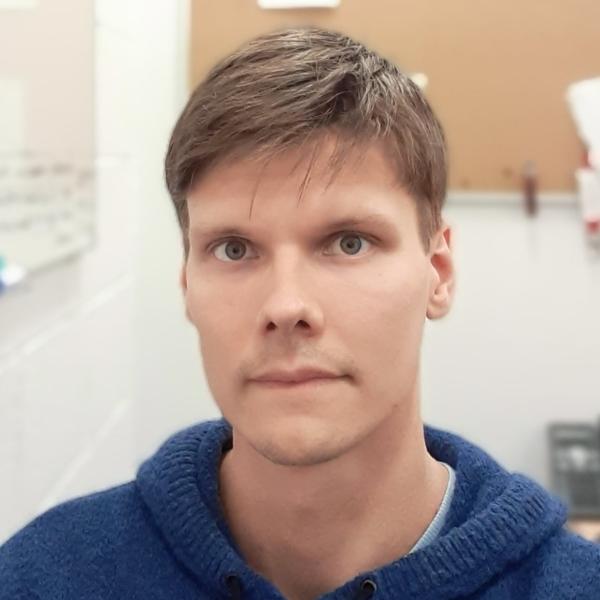Mika Manninen

One of my main research areas involves systematic reviews and meta analyses. Many individual studies try to answer the same research question, but can have different results. Therefore, it’s important to carefully synthesise results of many studies and see what the overall result of those studies are.
The topics I work with vary from education, to behaviour change, exercise and health. In a recent project, my collaborators and I looked at the effect of long-term exercise training on energy and fatigue mood states in healthy populations, but especially in participants with cancer or neurological issues like multiple sclerosis.
Another main area of research for me is experimental work in education. For example, if a teacher communicates in a certain way, does that affect students’ motivation to engage in the class or in the subject?
Research is global and learning is lifelong
Research has always been a way to explore the world. Engaging in research allows you to understand something thoroughly, and as you gain this deep knowledge about things, it’s extremely rewarding. I’ve lived in five countries and lived in three of those because of research. At its best, the research community is very international and people collaborate a lot.
As humans, we can learn every day. Everyone learns differently, and you can improve in learning and becoming a better learner. Much in life is about learning. In some sense, we are constantly learning, and changing our behaviour and our thinking. If you become good and strategic at learning, it’s a skill, a mindset and an attitude that will affect you, every day, for the rest of your life.
Mika Manninen is the Programme Chair of the BSc in Physical Education with Biology in the School of Health and Human Performance
DCU Prospectus - Go back to Physical Education with Biology
DCU Prospectus - Go back to Physical Education with Mathematics
